Amsterdam-based Farmless is an air-protein startup specialising in using fermentation to produce carbon-negative, functional proteins with a complete amino acid profile. The company announced on Wednesday that it exited stealth mode after securing €1.2M in a pre-Seed round of funding.
The round was led by Revent, Nucleus Capital, and Possible Ventures with participation from HackCapital, Sustainable Food Ventures, VOYAGERS Climate-Tech Fund, TET Ventures, and angels Jenny Saft through the Atomico Angel program, Ron Shigeta, Martin Weber, Rick Bernstein, Nadine Geiser, Joy Faucher, Michele Tarawneh, Alexander Hoffmann and Christian Stiebner.
“We’re specifically interested in food technologies with high scalability and the potential to rapidly outperform on the cost per kg of protein. Across both of these dimensions Farmless shows great potential and it’s a delight to work with this remarkable team,” says Lauren Lentz from Revent.
How was Farmless born?
Adnan Oner, the founder of Farmless, is a physicist who wanted to start the venture of his interest in solving the biggest climate problems through innovative solutions.
After extensive research, Oner found that few people were working on dramatically improving the efficiency of food production, which is crucial for reversing centuries of agricultural sprawl and reforesting the world.
Oner’s approach to solving this problem was based on first principles thinking, leading him to discover the potential of fermentation based on renewable electricity as a more efficient path to food production than traditional agriculture.
Thus Farmless was born!
Farmless aims to free food production from animals and agricultural land.
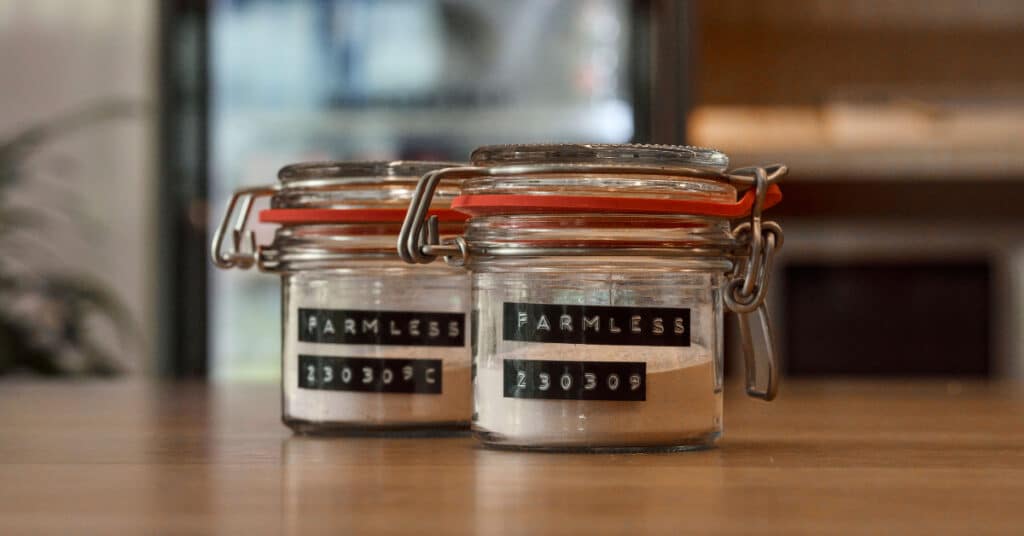
Farmless: Turn renewable energy and CO2 into food ingredients
Talking about replacing animal agriculture to Silicon Canals, Oner says, “Animal agriculture is extremely wasteful. The reason is a double inefficiency at the heart of our food system — plants are not efficient at converting sunlight into biomass and most animals are not efficient in converting biomass into edible proteins. The result is that meat provides a minority of our calories and nutrients, but animal agriculture eats up about three-quarters of our agricultural land.”
The Dutch company’s goal is to build a fermentation platform that can turn renewable electricity into food.
“We think there’s a better way,” says Oner. “We can use solar power to convert sunlight, CO2, and hydrogen into a liquid feedstock and then use microbes to ferment this feedstock into a wide range of edible products: essentially power-to-food,” adds Oner.
Farmless has developed a unique fermentation process that does not rely on sugar as a feedstock, but instead uses a liquid feedstock created from renewable energy.
According to Farmless, their process requires 10-25 times less land than plant protein production and 250-500 times less land than animal protein production.
Sustainable and efficient alternative
Adnan Oner claims that Farmless’ technology has the potential to revolutionise the food industry by offering a more sustainable and efficient alternative to traditional farming methods.
“Our ultimate goal is to free food production from animals and agricultural land, so we can return vast amounts of land to rewild our planet, draw down carbon from the atmosphere and liberate animals from the food system,” shares Oner.
Farmless’ initial products are designed to replace animal proteins, as the majority of agricultural land is currently used to feed animals.
The Farmless fermentation platform can potentially create a whole new food repertoire, producing proteins, carbohydrates, beneficial fats, vitamins, and minerals from the bottom up
The Dutch company is currently developing its initial product prototype which is an amino acid complete protein with high functionality.
“Next steps would be moving to bigger fermentation vessels, building our supply chain, getting regulatory approval for our first product, and bringing it to market with the right partners,” adds Oner.
“We are building a new interface between food and electricity, which means we are domesticating microbes selected for their food properties and their ability to grow on renewable energy-based feedstocks,” he says.




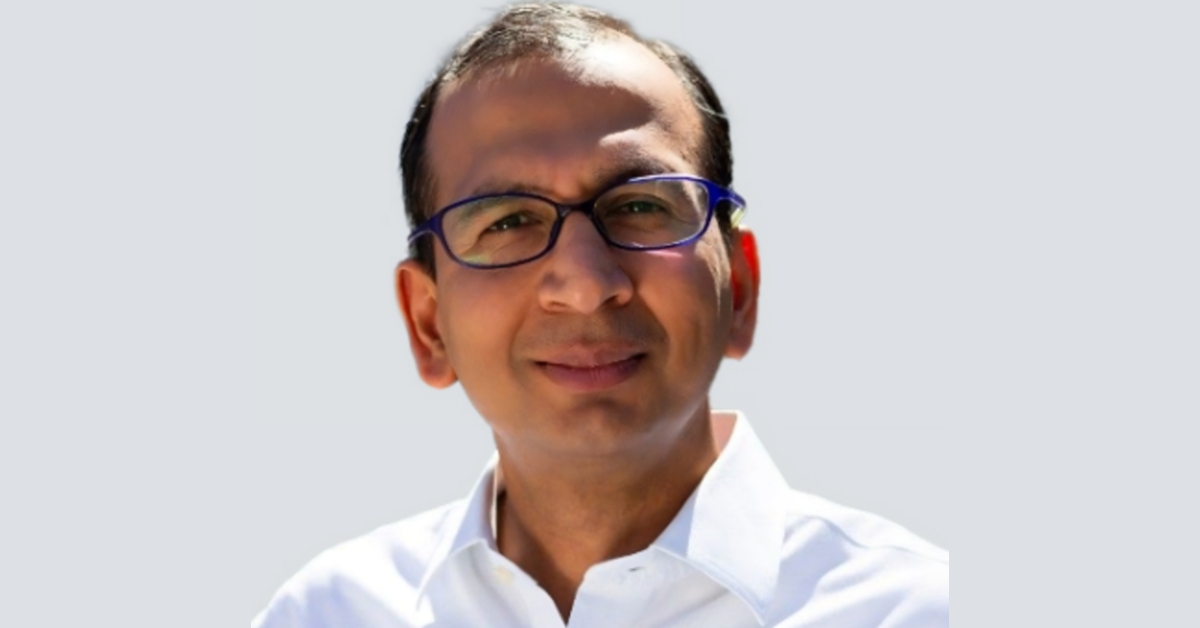
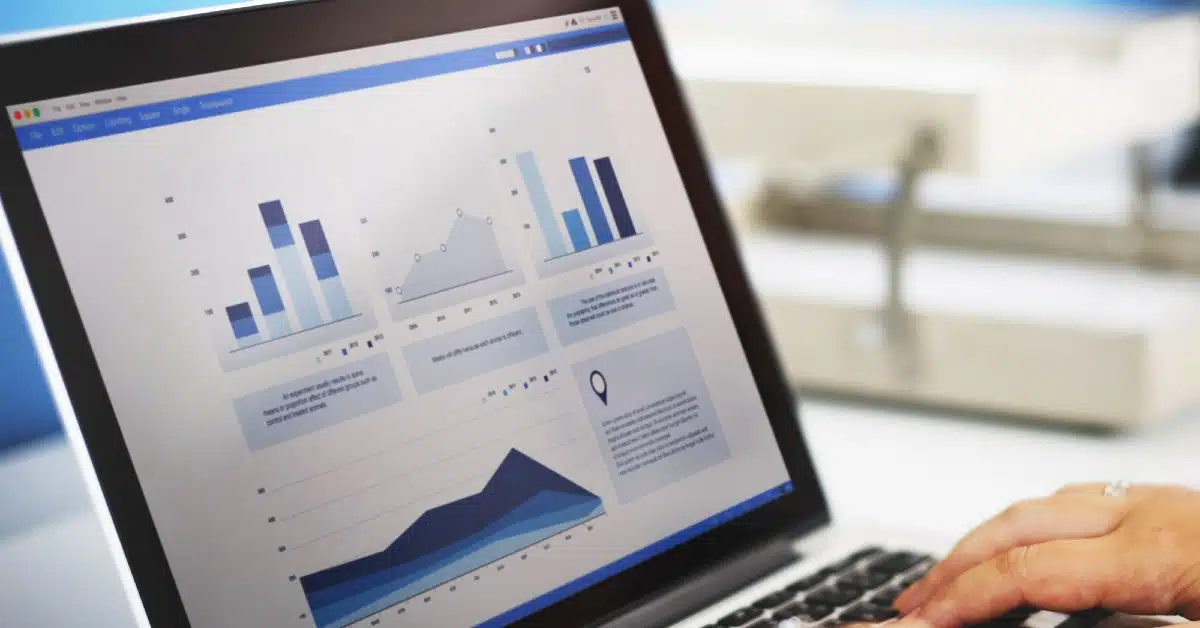
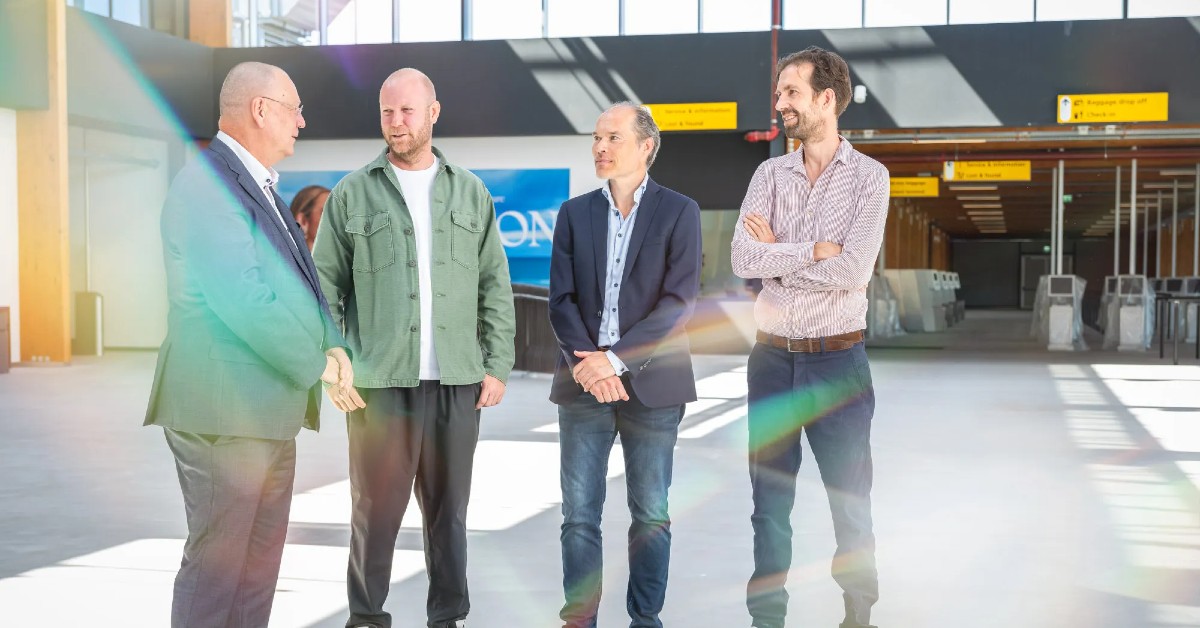
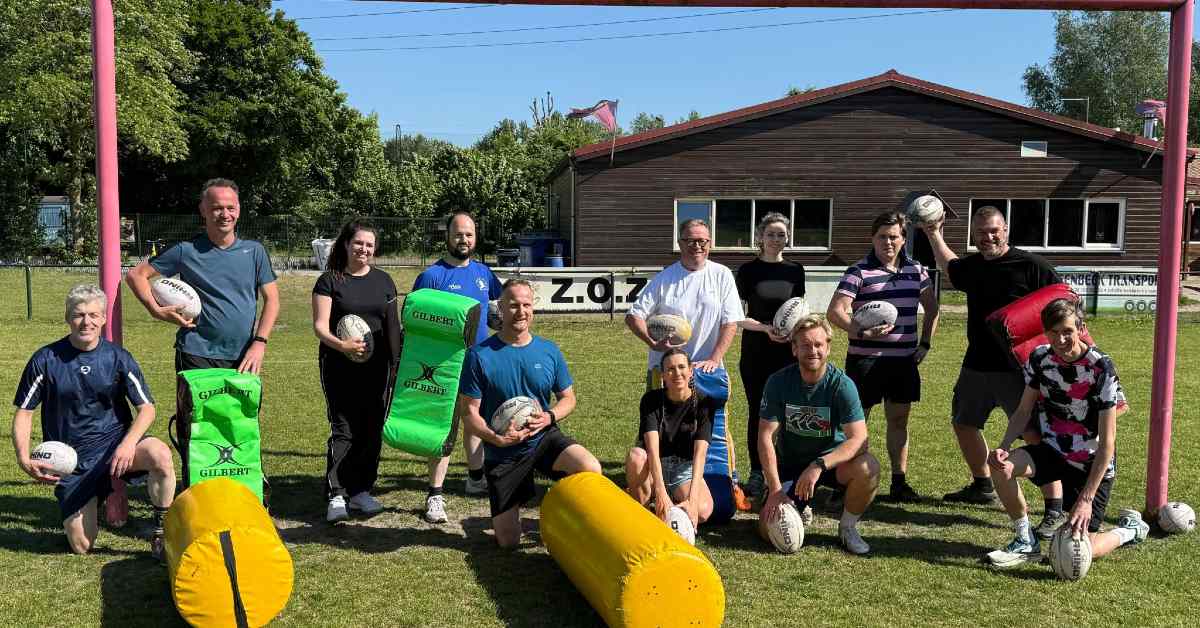
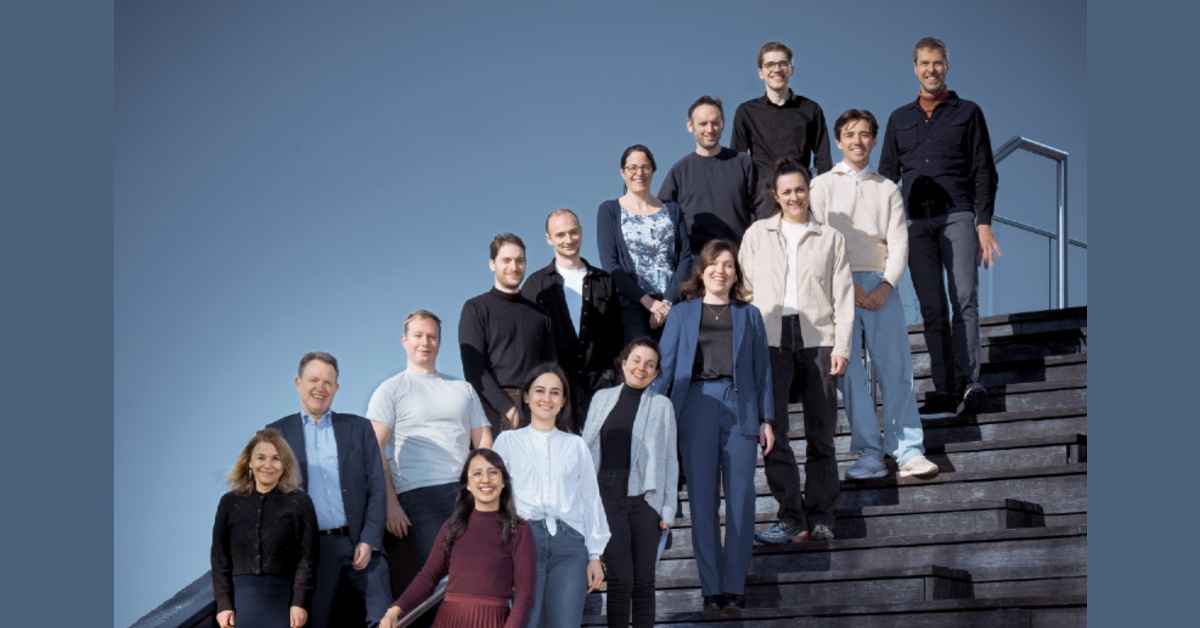

01
From telecom veteran to Dutch Startup Visa success: The Jignesh Dave story